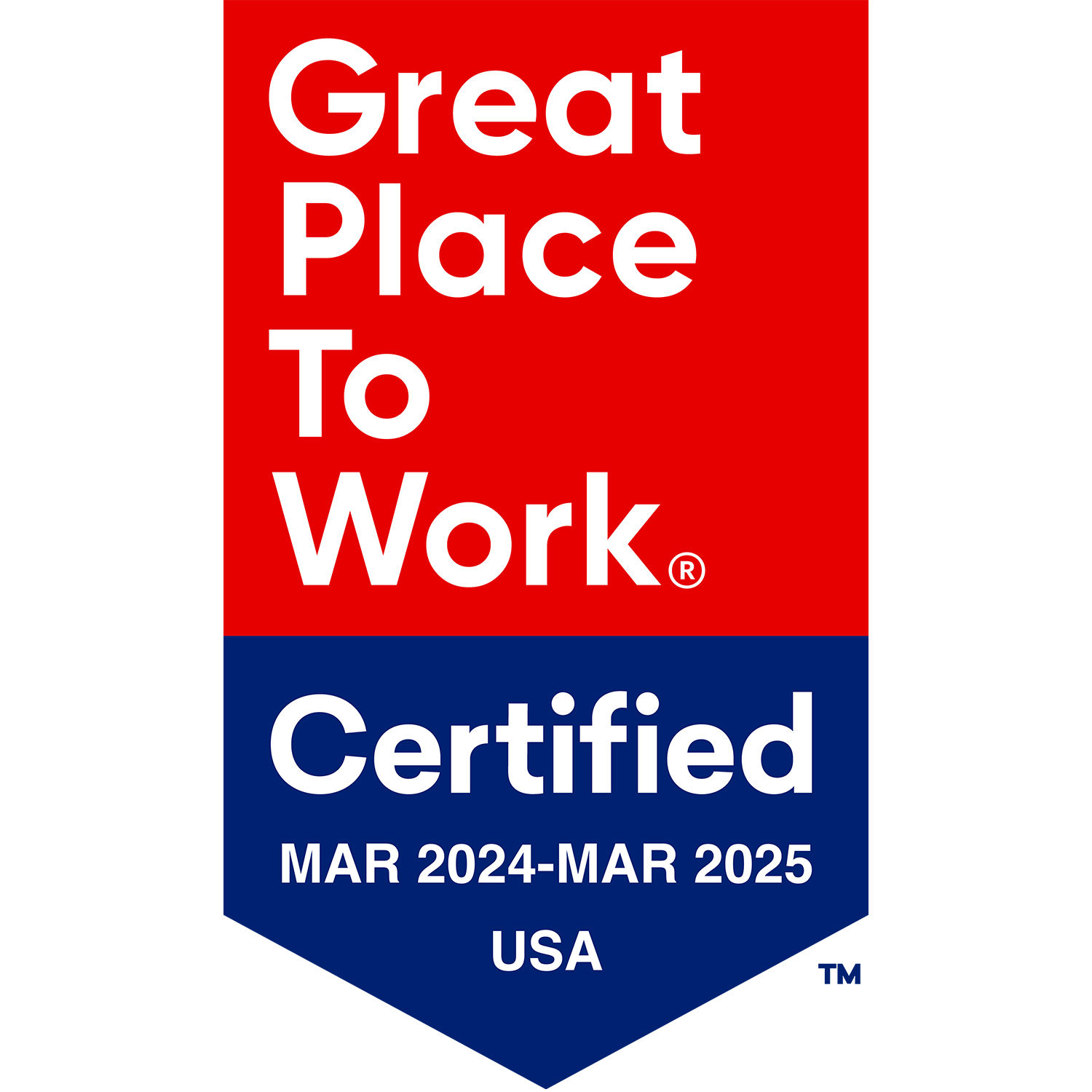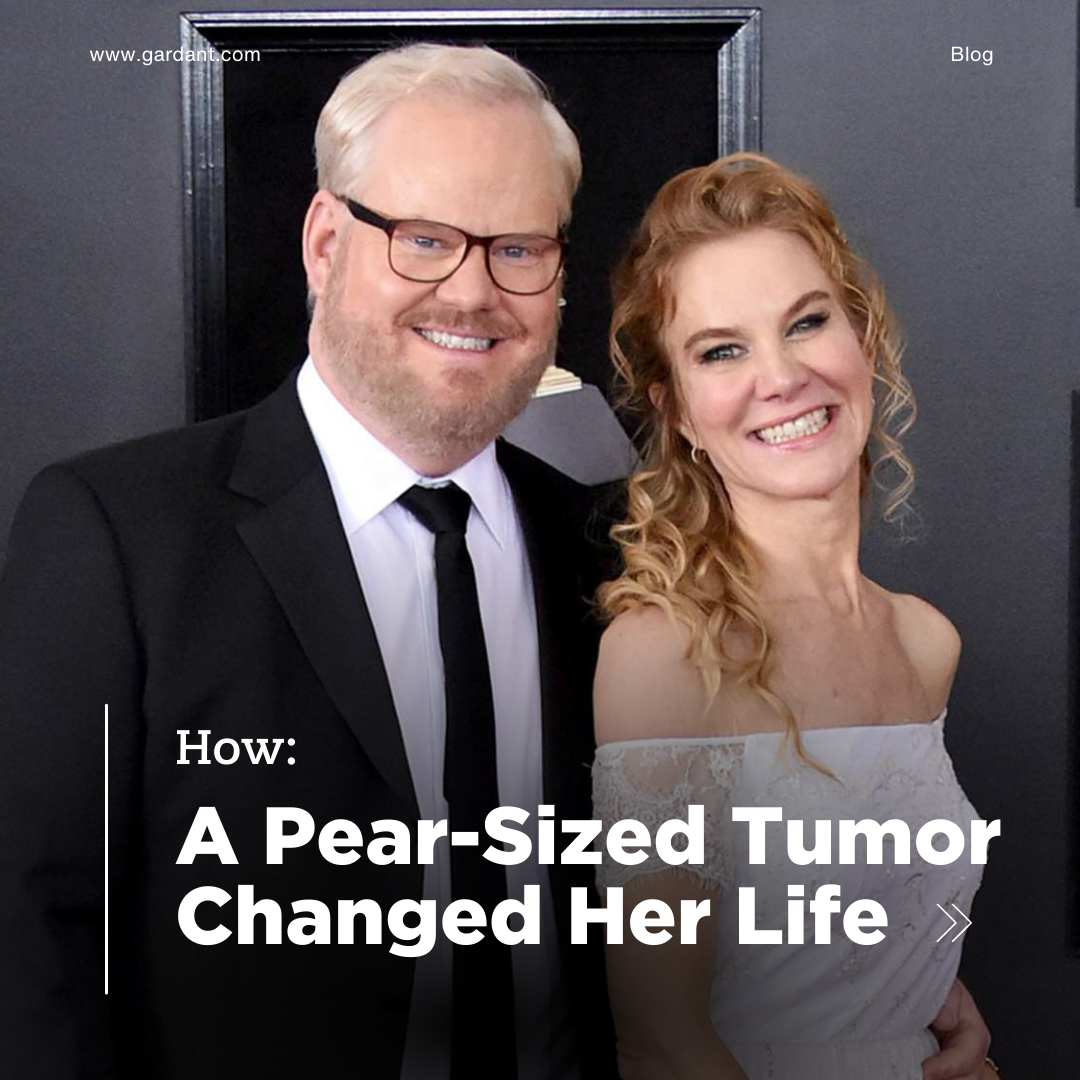By Rod Burkett, President of the Affordable Assisted Living Coalition (AALC)
In my Blog posted on Wednesday, I talked about how the proposed 6% cut in Medicaid reimbursement rates for Supportive Living in Illinois did not make sense. Today, I look at rule changes to the Medicaid program that the State has proposed and their potential impact on low income older adults.
Some of the proposed changes are required by the federal Deficit Reduction Act of 2005. Illinois and California are the last two states to finally be getting around to making the changes and are viewed as delinquent.
We appreciate that when the Department of Healthcare and Family Services (HFS) submitted its draft of proposed changes to the Joint Commission on Administrative Rules (JCAR) this past fall that those of us in the senior living industry and our colleagues in elder law were given the opportunity to review the changes and present our comments to JCAR.
JCAR is a bipartisan legislative oversight committee created by the Illinois General Assembly (ILGA) in 1977 to review proposed rule changes by state agencies.
The primary intent of the proposed rules changes are to protect the State from individuals who blatantly and purposely try to dispose of their assets with the intent of getting Medicaid to pay for their health care needs.
Through the JCAR process, our focus has been on helping the State see some of the real life difficulties that some of their proposed changes would have on older adults and to protect the ability of low income older adults to access the care and services they need.
Our focus was on these areas of concern:
Transfer of Assets
Our concern was that the State was proposing that each and every “gift” would be considered an inappropriate “Transfer of Assets” that could result in a period of time (penalty period) that the older adult would be ineligible for Medicaid coverage. This included putting a $25 check in the collection basket every week at church, giving a grandchild or great grandchild a birthday or wedding present, or helping a son who was out of work with their rent or mortgage payment.
We appreciate that Healthcare and Family Services has looked at this issue logically and will not consider gifts to charity or patterned gifts as inappropriate transfers of assets.
Retroactivity
We are hoping that at the next meeting of JCAR, members vote to eliminate the idea that the rule changes should be retroactive. The next meeting of JCAR is scheduled for Tuesday, May 10, 2011.
We feel that it would be very unfair and inappropriate to penalize someone today or tomorrow for doing something yesterday that was allowed under the Medicaid rules that were in effect at that time.
Clear Guidelines
In their proposed rule changes, HFS is relying on two provisions to provide a “safety net” for Medicaid applicants who may find themselves ineligible for Medicaid because of the rule changes but do not have the personal funds necessary to pay for the care that is needed. One provision is the “hardship waiver” and second is the “no intent” clause.
We feel strongly that the Department of Healthcare and Family Services needs to clarify and develop clear and specific guidelines when it comes to the “hardship waiver” and the “no intent” clause rather than have these ideas open to the individual interpretation of the Medicaid case workers in each County.
The “hardship waiver” gives HFS the authority to override a required penalty period and allow an individual to move into Supportive Living as a Medicaid resident in a situation considered to be a “hardship.” The proposed language indicates that if not receiving Medicaid coverage would prevent an individual from obtaining the main necessities of life such as food, water and shelter, then a hardship waiver can be granted. But HFS has not clarified the criteria to be followed to make this determination. Our desire is to prevent real world disasters from occurring because individuals have to wait on bureaucratic clarifications from government officials.
The “no intent” clause applies to the “Transfer of Assets.” Our hope is that the language is clear. If a transfer of an asset is not made with the intent to qualify for Medicaid that the transfer will be considered appropriate and no penalty period will apply.
Leaving the “hardship waiver” and “no intent” clause open to individual interpretation will place a huge burden on the County Medicaid workers as well as potentially lead to significant inconsistencies from County to County. HFS needs to clarify the process for these two items as soon as possible.
We highly appreciate the willingness of the members and staff of JCAR and of HFS to listen to our concerns.
We certainly understand the need to address the changes required by the Deficit Reduction Act (DRA).
In our opinion, however, the original draft of proposed changes swung the pendulum too far in the effort to try and catch the very small percentage of individuals who try to pull a fast one by divesting sizable assets to qualify for Medicaid.
Some of the proposed changes would greatly impact in a very negative way the vast majority of people who just outlived their financial resources after years of paying taxes, raising children, and supporting their church and community organizations and are in need of the Medicaid safety net.
Follow AALC twitter.com/AALC
All affordable assisted living communities managed by BMA Management, Ltd. are certified and surveyed by the Illinois Department of Healthcare and Family Services. All assisted living communities are licensed and surveyed by the Illinois Department of Public Health.
“BMA Management, Ltd. is the leading provider of assisted living in Illinois
and one of the 20 largest providers of assisted living in the United States.”
What are your thoughts? Leave a comment and let us know.



